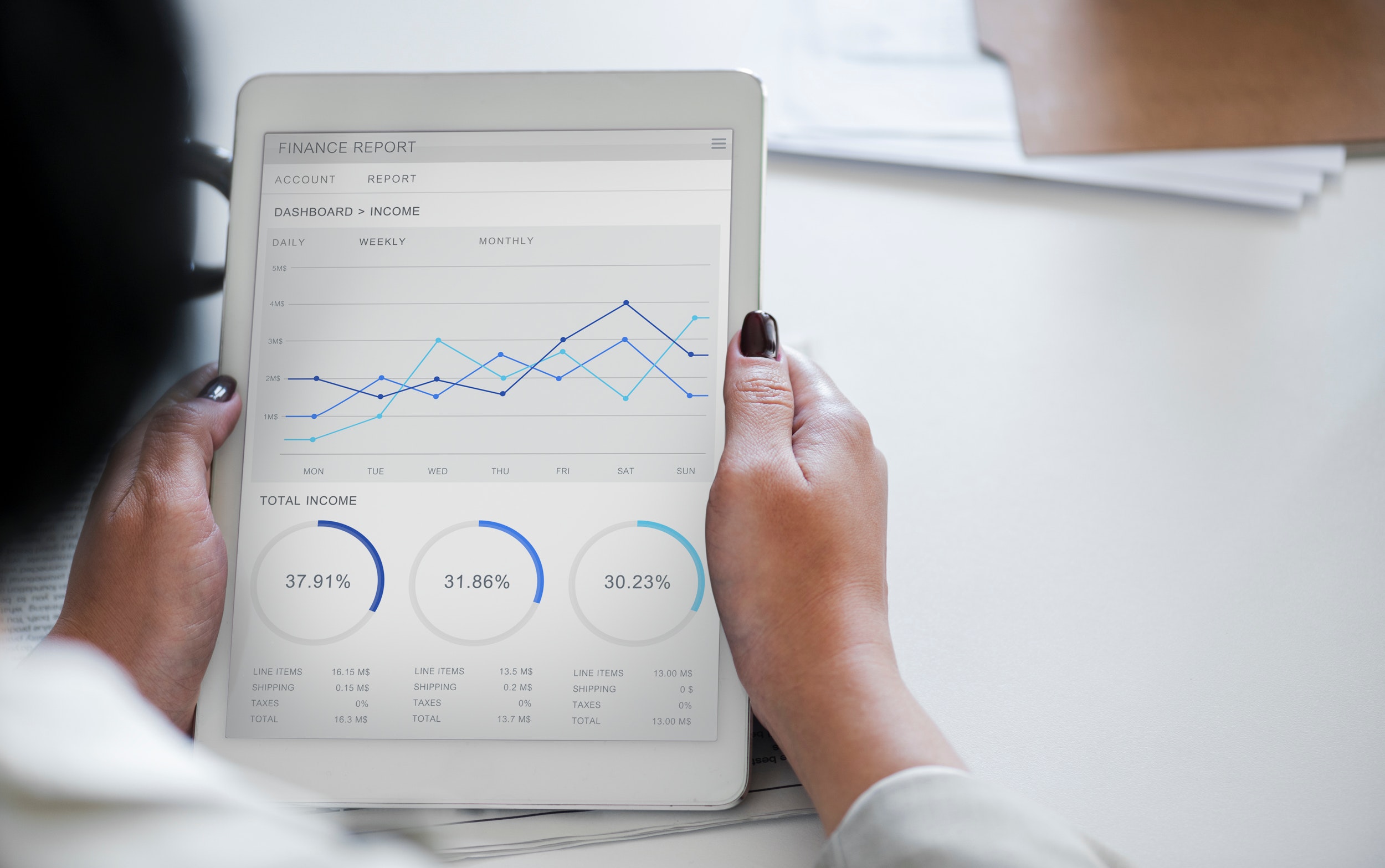If you’ve been considering investing, you’ve likely heard of “mutual funds.” So, what are mutual funds exactly, and should you invest in them while living in the UAE?
Mutual funds 101: What are mutual funds?
People interested in investing often ask, “What are mutual funds?”. A mutual fund is an investment tool, comprised of money collected from investors for the purposes of investing in securities such as stocks, bonds, money market instruments, and other assets. Mutual funds are usually managed by a team of investment pros.
The team typically consists of researchers and a portfolio manager who buys and sells securities; this is also known as an “actively managed” fund. The end goal of portfolio managers is to scope out opportunities so the fund outperforms a benchmark, which is usually a widely followed index like the S&P 500.
Mutual funds are priced by shares, and the price per share, also known as a fund’s net asset value (NAV), is based on the value of the securities contained in the portfolio at the end of each business day.
The pros of investing in mutual funds
Mutual funds are attractive investment tools for a number of reasons: they’re easy to trade and are an additional way to diversify investments in your portfolio.
Mutual funds are also sought after because of their liquidity: You can buy or sell shares of a fund once each day. Plus, you can reinvest income or purchase additional shares at any time.
How to invest in mutual funds
If you’re interested in investing in mutual funds, you can get started by buying shares through an online brokerage, or directly from companies that offer many mutual fund investment options, such as BlackRock or Vanguard.
Next, you can decide whether to buy shares of a fund that is managed actively or passively. An actively managed fund is more expensive than a passively managed fund because it is usually overseen by a team of investment professionals who aim to outperform the market. Data suggests, however, that it is challenging to beat the market on a long-term, consistent basis.
Investing in mutual funds in the UAE
Before you get started, take some time to consider your financial goals. Are you investing short-term for an upcoming wedding? Or, are your goals to save for retirement decades down the road? Also, consider how much of a budget you have to allocate to your investments.
When you invest in mutual funds, it’s also important to review and understand the fees associated with the fund. Fees might include transaction charges, commissions, redemption fees (in case you cash-in shares that you’ve only had for a short period of time), and investment advisory fees. Hefty fees can ultimately cut into your portfolio’s performance, so it’s important to take a closer look at what’s involved. And, of course, take a look at the fund’s performance over time. Though performance will vary with market fluctuations, you want to ensure results were consistent with general market returns.
The cons of investing in mutual funds
While there are benefits of investing in mutual funds, unfortunately, the cons can outweigh the pros. Like many investments, there is no guarantee of a return. So, your returns may fluctuate.
Another downside of mutual funds is that because they’re actively managed by professionals, there are more costs involved, which means a lower payout for you, the investor. Note that even when the fund isn’t performing well, portfolio managers are paid regardless.
Lastly, mutual funds may result in “over management,” which can cause reduced diversification where the fund is more vulnerable to risks.
Mutual funds vs. ETFs
At this point, you may be wondering what the difference is between mutual funds and ETFs, and why investing in the latter makes for a better overall investment strategy.
Whereas a mutual fund is made up of a pool of money used to buy shares of securities, an ETF is a “basket” of securities — bonds, stocks, and real estate — that are bundled into a fund.
But that’s not the only difference.
Why ETFs are better than mutual funds
Many investors see ETFs as a better investment strategy because they usually carry lower fees than mutual funds. And because ETFs are required to disclose their holdings daily — whereas mutual funds are only required to disclose their portfolios quarterly — they’re more transparent, which means you know exactly the securities in which you’re invested. ETFs are also known to be more tax-efficient (speak to a qualified financial and tax advisor), and also provide more opportunities for portfolio diversification.
For these reasons: lower fees, greater transparency, tax efficiency, and diversification, it’s easy to see why ETFs have become more popular than mutual funds since 2006.
You can learn even more about the difference between ETFs and mutual funds here.
Get started investing in ETFs with Sarwa today
Sarwa offers three main investment portfolios, which are based on your unique risk tolerance: conservative, balanced, and growth. All portfolios are made up of six BlackRock and Vanguard ETFs from the U.S. In the case where your risk profile falls between one of these three portfolios, there are more specific allocations as well.
When choosing what to invest in, you’ll want to gauge what will have the lowest fees, most diversification, and best performance over time.
Ready to invest in your future?
